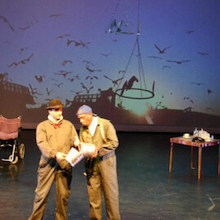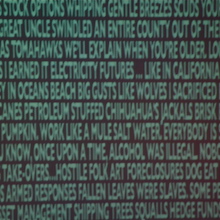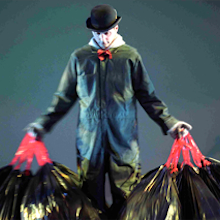What is enough?
What would be enough for you?
What’s one thing in your life that would change if you knew that everyone everywhere would always have enough?
Interviews with 30 multi-millionaires and 30 minimum-wage workers, arts-based civic dialogues with over 2,500 people, and a play that toured 7 cities.
ABUNDANCE is a community arts performance project about money as told through the stories of people in the United States. The project began with four years of in-depth interviews with 30 multi-millionaires and 30 minimum wage-earners throughout the US as well as a monthly NYC dialogue group that included an undocumented worker, one millionaire, three union members, two professors, one waitress, a Rabbi and others. Project director Marty Pottenger used text from these interviews and dialogues to write ABUNDANCE: America & Money, a 5-actor/17-character play that toured to sold-out houses in Seattle, Houston, Burlington, Washington DC, Providence, Philadelphia and NYC in a production co-directed by Pottenger and Steve Bailey, commissioned by National Performance Network and produced by The Working Theater & Art At Work.
Incorporating art-making as a critical tool in creating vigorous community engagement on a challenging topic, the ABUNDANCE Project included arts-based civic dialogues with ideologically and economically diverse groups in each city, putting the power of theater to work in transforming conversations and communities. A film about money included excerpts from the project and the theater production, as well as cartoon and documentary footage, bringing the issues and exploration of ABUNDANCE to an even larger audience of participants.
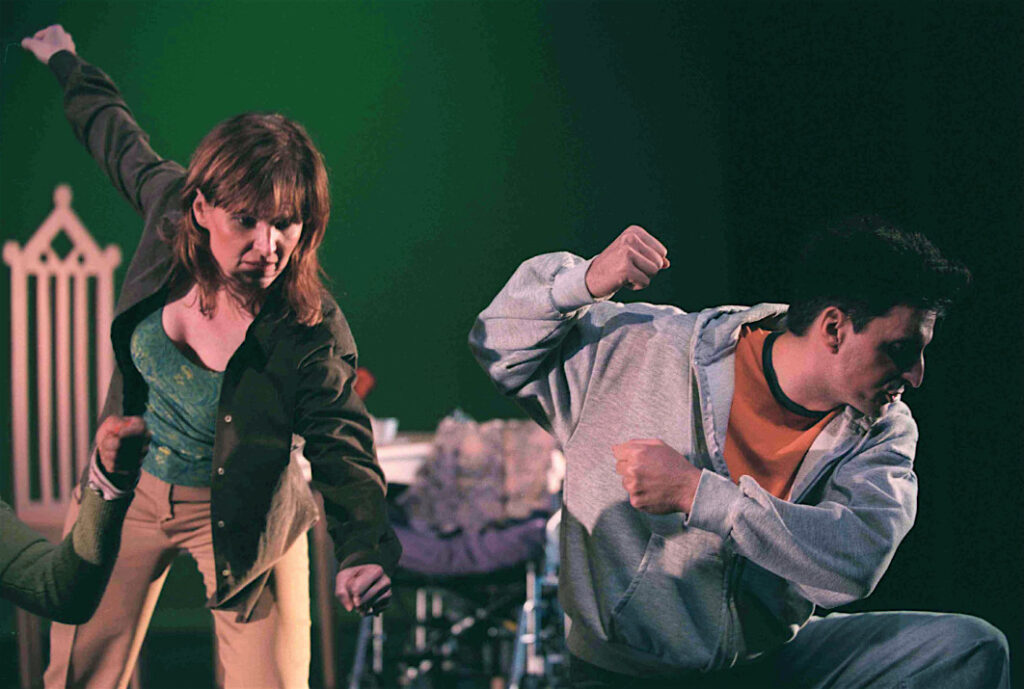
Through interviews with millionaires and minimum wage workers and ongoing civic dialogues with people from across the economic spectrum, ABUNDANCE initiated a conversation in which people from across this particularly American spectrum of economic difference could gather and begin to communicate their personal and collective experiences as players on the economic field. Fundamental to Pottenger’s creative perspective is the hypothesis that there is already enough resource for everyone on the planet, and that the choices we make as individuals, consumers, wage-earners, and philanthropists, can have a significant impact.
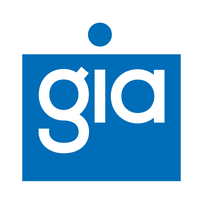
Marty Pottenger led an ABUNDANCE workshop at the 2003 Grantmakers in the Arts Conference in Seattle, WA.
Check out this full-length transcript of the event, titled The Edge of a New Economy.
One-on-one interviews across the United States with millionaires and minimum-wage workers happened alongside ongoing arts-based civic dialogues in NYC, where the same group of people meet monthly, bringing undocumented workers, home-care health aides, union vice presidents, receptionists, formerly homeless, architects and millionaires together to explore their economic lives. A series of ongoing, inclusive, private and public conversations formed the spine of ABUNDANCE, with the possibility to move us toward a new paradigm by paying attention to the emotional and practical influences, information, assumptions and reasoning which determine the choices of millionaires and undocumented workers alike. Each person involved in these conversations, including interviewees, workshop participants, website visitors and audiences, were asked to consider questions such as:
- What is enough for you? for your children?
- Have you ever had enough?
- How would your life be different if you knew, from this moment on, that you would always have enough?
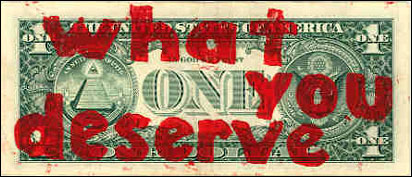
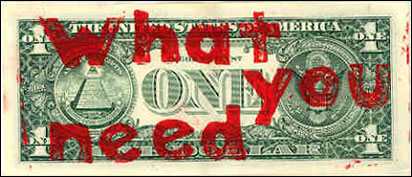
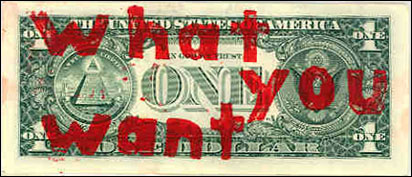
The information gathered about people’s daily relationship to money focused on budgets, expenses, debt, as well as:
- What’s your earliest memory connected to money in any way at all?
- What do you own?
- Who do you give money to?
- Who would you not?
- When did you first realize that someone had more than you? Less?
- What would you want to leave for your children?
- What most scares you about being broke?
- What dreams do you have about money?
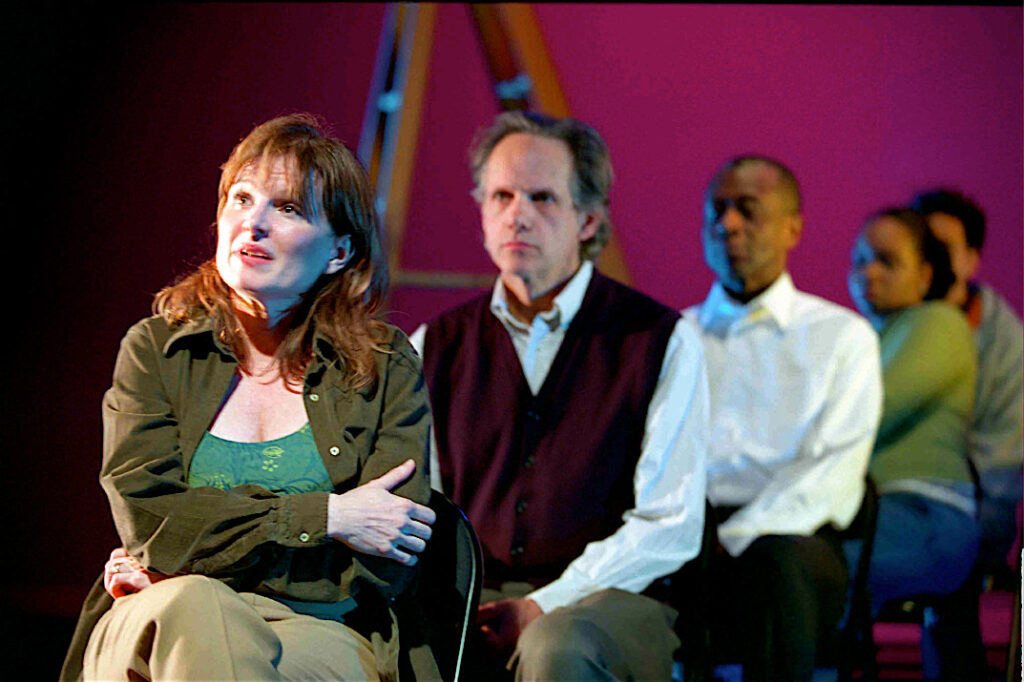
One insight from listening to about 5,000 people answer that question over four years is that, without knowing what anyone else had said except the people in the room, about 70% of the answers referenced ‘making art’ in some way:
‘I’ve always wanted to learn to play the clarinet.”
“I would write poetry. I’m not saying I’d be good at it but I would write it.”
“Draw.”
“Paint.”
“Join a chorus.”
“I used to sing.”
“Take dancing lessons.”
A significant majority of those people didn’t have a current relationship to ‘the arts’. I felt like I was the first person that was getting to see what our fear – at least in the USA – re: own own economic survival and our human-but-understandably-buried distress about others’ economic struggles was ‘sitting on’ or ‘connected to.’ The map of creativity inside us directly intersecting with our compassion for others. Both inherent to our nature as humans. Both mangled but not beyond repair.
Amidst best-sellers on how to make and manage money, talk shows, radio spots announcing and analyzing economic reports every 20 minutes 24/7, a daily deluge of governmental studies and indicators and constant advertisements in every medium for goods, services and bargains, the silence around our individual experiences of money is both odd and interesting. Here in a country that offers possibility and promise to immigrants the world over, most of us live in a permanent undercurrent of worry and upset, regardless of our financial health. Where visitors listening in from a galaxy far far away from here might expect to hear conversations about rent arrears or year-end bonuses – they would hear the hum of a charged silence, among family members and close neighbors alike.
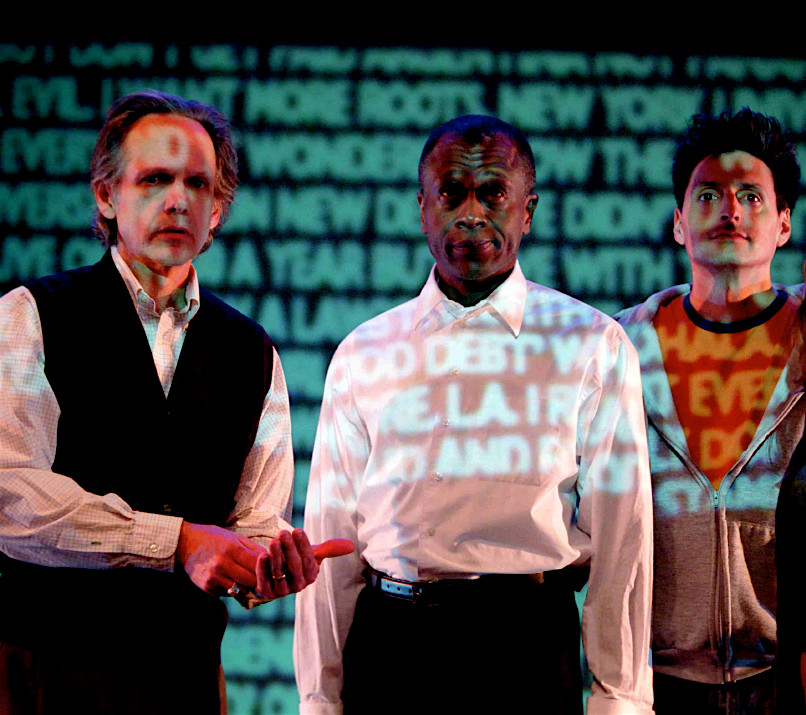
Where do we share the details of
our economic lives?
Do you give money to panhandlers? Why?
What do you go without so that your children can go with?
Do money worries keep you up at night?
As workers, investors, consumers and producers, we are all bound together in an economic partnership. And this profoundly interdependent relationship is most often characterized as either widely similar or deeply adversarial. Yet our daily experience of money remains collectively and, often, individually un-examined. We are a social species that thrives on conversation and connection. We think better together than on our own. ABUNDANCE took as its starting point the premise that we each have unique valuable stories about money, stories that the telling of would not only ease some of the worry but actually engender new thoughts and insights as to where we are and where we’d like to go. Our ability as individuals to arrive at our own thinking is severely compromised by the absence of any ongoing national dialogue about money whether focused on giving, getting, saving or spending. This silence extends to our own psyches, families, workplaces and communities, making it near to impossible to reach the clarity that allows for coherent action or analysis.
“Africans believe in something that is difficult to render in English. We call it ubuntu botho. It means the essence of being human. You know when it is there and when it is absent. It speaks about humanness, gentleness, hospitality, putting yourself out on the behalf of others, being vulnerable. It recognizes that my humanity is bound in yours, for we can only be human together.” – Archbishop Desmond Tutu
Additional Resources
- United for a Fair Economy – a national, nonpartisan, nonprofit organization that supports social movements working for a resilient, sustainable and equitable economy.


